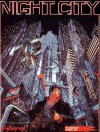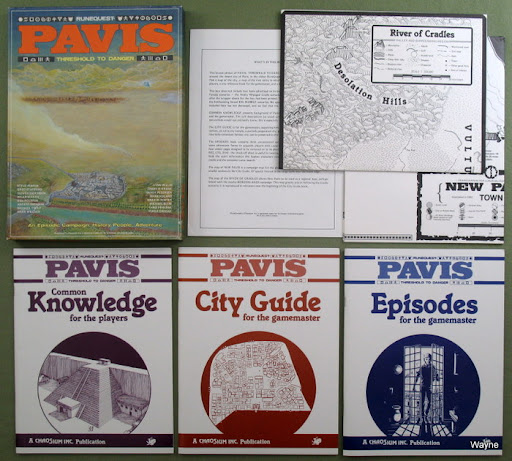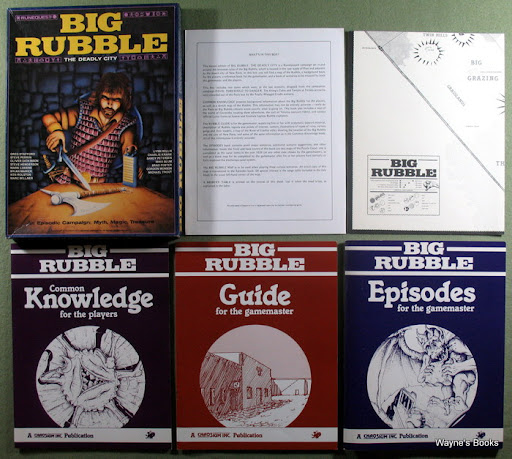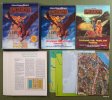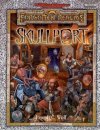Jan Paparazzi
Legendary Pubber
- Joined
- Oct 26, 2017
- Messages
- 455
- Reaction score
- 659
Hey, what do you think is the best rpg city book ever? Personally I am mostly impressed by Freedom City for Mutants & Masterminds, because I like the way it's laid out.



